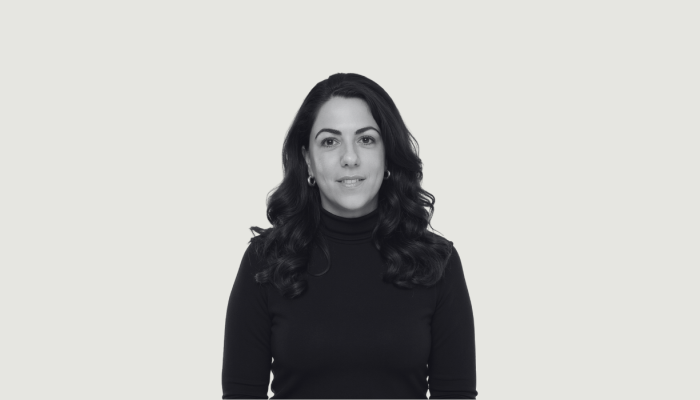Perhaps you are sitting at your desk with a strong cup of tea, you’ve finally found 5 minutes for yourself. A moment to reflect and think about the office environment and the team’s neurological differences. I’m sure you could list the variations and labels. Individual strengths, weaknesses they carry day in day out and some you might carry yourself.
You can picture the person who always seems to make typos in client power-points so they’re potentially dyslexic, the quiet strategist or creative in meetings who’s opinion struggles to be heard with a wavering pull of introversion and the hair raising moment the motormouth in the meeting room can’t stop! They can’t seem to control the speed of their intelligence when time is crucial (interestingly these traits rarely seem to sit within the accounts department).
You may be thinking: ‘I know who they are, I accept their mistakes.’ But... do you know who they really are? How do these traits affect them? Do they even know that you’re aware of their neurological difference? Does it even matter? Do they even need to know that you care and would provide them a safety net?
I believe they do in order to perform better.
If I’m to comment on neurodiversity in any form, it would be to say this: it takes huge amounts of generosity from leaders and managers to enable trust in someone who feels different, to foster a well-functioning ‘neuro-diverse’ team and build a shared common direction to work towards.
When I became a Creative Director I made a choice many creatives told me they saw it as a sacrifice too far.. You sacrifice your own creative output to nurture the creativity of others. At Tribal managers are also doers, so we’re lucky project-wise and this helps us stay grounded within the teams but the overarching responsibility remains… to bring in exciting projects for people to work on, to motivate, to inspire and to support every team member (especially the misfits and troublemakers / the diverse) to achieve success that is the true role of any department manager.
I’ll assume that anyone reading this sees value and the strength in having a neuro-diverse team. The underlying struggle is making the team truly flourish together. What I’ve seen, experienced and now try to do is be as generous as humanly possible in the finite allocated times that I have.
For example, I don’t personally get anything out of ideation sessions, in fact I mostly dislike them. I’m an introvert so I tend to work out my ideas best alone, annoyingly this usually happens in the middle of the night! But in the workplace you’re there to nurture a team, it’s not always about you and how you work - it’s about others and giving them the best possible outcome at using their creativity to solve a client problem. The more variety and neuro-diverse brains that feel valued and relaxed in those sessions the better the outcome. The thoughts are more unexcepted, new areas are unearthed and ideas turn into powerful questions and curiosity. If everyone was the same it would be deadly dull.
All of this is important because our industry has grown from the knowledge and intelligence built from human brain power. (Repeat that sentence back to yourself slowly). If you are a client you are paying for human intelligence possibly mixed with a bit of early stage AI / machine learning but it is mainly human brain power working out what’s appropriate, over thinking how to beat your competition. If you’re in an agency you should walk around the office and take a look at the individual’s around you and think yeah, they’re actually really smart, how could we work together.
To encourage more neuro-diverse individuals to speak out possibly act out and be themselves will involve creating a sense of freedom, less fear, aspiration and unlocking hidden talents within organisations. This would encourage and anchor confidence in all people.
Make each person feel cared for but also respected to cultivate a neuro-diverse atmosphere. Liberate yourself to do so and you’ll witness a stronger, more interesting sense of team and achieve better results.
Everyone has had a boss that believed in them, a teacher, parent, aunt, sibling or friend who looked passed everything else and saw potential. Spot that potential in those who are different and you can’t even imagine what kinds of things you’ll start to uncover.
By Jade Tomlin, Creative Director at Tribal Worldwide London



